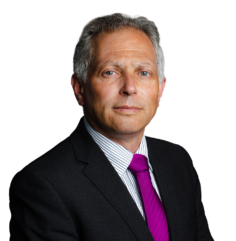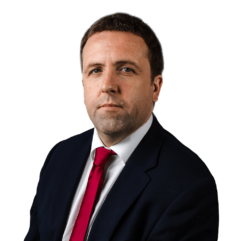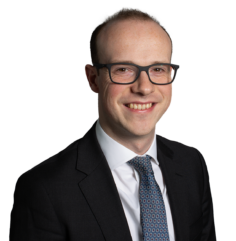Previously something of a niche criminal offence, accounting fraud has in recent years gained an increasingly high public profile.
It has become common, whenever a public company comes under investigation for fraud-related matters, for allegations to be made that it has falsified its accounts in order to deceive shareholders and creditors.
The essence of accounting fraud is that somebody within a company dishonestly takes certain actions in respect of accounting documents or records with a view to making a financial gain or causing a loss.
While false accounting is a criminal offence in its own right under the Theft Act 1968, accounting fraud often also forms part of a broader allegation that a company has sought to cover up fraud or other criminality.
Many different sorts of people involved in the financial aspect of running a business can be vulnerable to allegations of false accounting. However, regulated accountants and auditors who make a ‘grossly negligent, reckless or dishonest application of the accounting standards’ can also be subjected to regulatory proceedings brought by the Financial Reporting Council.
There are many actions that can form the basis of a false accounting charge. These include – but are not limited to – destroying, defacing or concealing accounting records as well as making materially misleading, false or deceptive entries in accounting records.
Even if a person is not involved in the creation of a company’s accounts, they can be guilty of the offence of false accounting if they concurred in the making of the false account, or if they make use of an account which they know is or may be materially misleading, false or deceptive.
However, a person will only be guilty of such an offence if they acted with a view to making a gain for themselves or another, or with intent to cause loss to another, and if their actions were dishonest.
Whether a person’s actions are dishonest is based upon what they knew and understood at the time, but is judged against the ‘objective standards of ordinary decent people’.
It is not just accountants who can find themselves prosecuted for false accounting. The allegation can also be made against others involved in the production of a company’s accounts.
The individuals who prepared the accounts (who may, or may not, be formally qualified); the directors who signed off on them; the auditors who audited them: all can be accused of acting together to falsify documents, and thus charged with false accounting.
Similarly, anyone else inside a business who may have falsified the financial records or any other documents required for an accounting purpose (even if not the formal accounts of the company) can find themselves prosecuted.
Accountants are especially vulnerable to allegations of false accounting. Even if the allegations are insufficiently serious to warrant criminal prosecution, an accountant can still face a formal complaint before the FRC, or in disciplinary proceedings brought by their professional bodies, such as the ICAEW or CIMA.
A common weakness in many false accounting prosecutions is a lack of awareness of context.
Investigators, prosecutors and regulators have a tendency to focus on one particular event out of context from the reality of how the business was operating. This can sometimes involve them conducting a highly detailed scrutiny of transactions, years after these transactions took place, with a clarity of hindsight which simply was not available at the time.
Anyone who finds themselves caught up in a false accounting investigation may be well advised to work with experts in this area to piece together what took place and put events in their proper context in order to establish the full facts around disputed transactions.
This endeavour can take time and effort. It may well be appropriate to engage forensic accountants and potentially other financial experts who can provide opinions on the application of the relevant accounting standards.
Expertise
Accounting fraud matters can be highly technical. Successfully defending against these allegations requires expert lawyers who specialise in this area.
Hickman & Rose have been at the forefront of defending individuals accused of some of the largest and most complex allegations of accounting fraud in recent years.












